SSI Ecology Programs
SSI’s Ecology programs are a menu of Specialties to prepare you for your next diving adventure! Our Ecology programs are a great way to improve your current skills and learn more about our exciting underwater world.
Marine Ecology
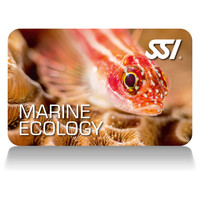
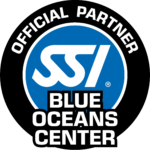
This program provides a general understanding of the complex and exciting science of Marine Ecology, which is the study of how organisms interact with each other and the environment, the flow of energy through communities, and the link between ocean ecosystems. You will earn the SSI Marine Ecology Specialty certification after completing this program.
Sea Turtle Ecology
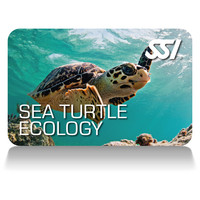
This program teaches you the skills and concepts required to recognize and identify common species of sea turtles, describes their history and role in marine ecosystems, and threats to their survival. You will earn the SSI Sea Turtle Ecology Specialty certification after completing this program.
Fish Identification
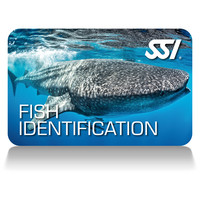
The ocean is filled with fascinating and beautiful fish of every shape and size. This non-diving specialty program teaches you the skills and concepts required to identify the common families of Caribbean, Indo-Pacific, and Red Sea reef fish. You will earn the SSI Fish Identification Specialty certification after completing this program.
Shark Ecology
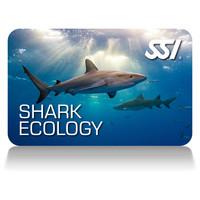
Many humans fear sharks, but is that reputation deserved? By taking the SSI Shark Ecology program, you will learn how sharks and their behavior are often misunderstood, and how you can safely observe them in their natural habitat. You will earn the SSI Shark Ecology Specialty certification after completing this program.
Coral Identification
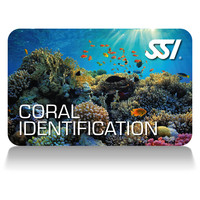
Coral reefs are the building blocks of many ocean ecosystems. This program teaches you the skills and concepts required to recognize and identify common families of coral species. You will earn the SSI Coral Identification Specialty certification after completing this program.

Responsible Diver Code:
We’re all responsible for protecting our oceans and aquatic resources. With the SSI Responsible Diver Code, we want to make everyone aware of the environmental problems from the start. We want them to think critically, and take positive action whenever they travel and dive.
ENVIRONMENTAL AWARENESS
- Commit to personally protect the environment
- Prevent others from causing damage through positive action and motivation
- Support useful projects and organizations dedicated to marine protection
- If possible, collect garbage on your dives – but only if doing so does not cause more damage to the environment
- If possible, cut hanging ropes and collect floating nets and plastics
- Inform your buddy or the crew on the surface if you were not able to remove the net
- Never eat shark fins, whale meat, turtle eggs, etc.
- Report immediately violations of the ban on the use of marine animals as souvenirs
AVOID GARBAGE
- Never throw inorganic waste into the sea – Plastics decompose incredibly slowly
- Minimize the production of garbage: Use reusable coffee mugs and lunch boxes, glass or metal bottles and shopping bags
- Do not bring unnecessary packaging to the resort
- Dispose of your waste in as eco-friendly a manner as possible
- If you smoke, dispose of cigarette butts in the proper receptacle, not on the ground or in the water
DEALING WITH THE UNDERWATER WORLD
- Only use a swim-through if you can do so without touching anything
- Don’t swim or snorkel too close to the reef
- Don’t touch or break corals
- Use labeled entrances/exits for the water
- Don’t disturb the sand, since it reduces visibility and smothers corals
- Don’t hunt or bother animals
- Don’t touch animals unless properly trained
- Don’t feed animals
- Don’t take souvenirs from the sea – broken coral pieces or empty snail shells still serve as useful habitat
- Only place a reef hook where it will not damage or disturb the reef
- Do not disturb animals or habitat to improve your photo opportunity
RESPONSIBLE USE OF RESOURCES
- Shower only as long as required to get clean, especially in areas with minimal ability to store/purify water
- Wash your equipment in the provided container, and only when necessary – often it’s enough to clean equipment thoroughly at the end of the dive trip
- Turn off the lights when you aren’t using them
- Use alternative transportation or walk instead of driving
- Avoid unnecessary waste – food plans and shopping lists help save you money, and prevent purchasing unnecessary food that may go to waste
